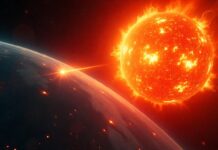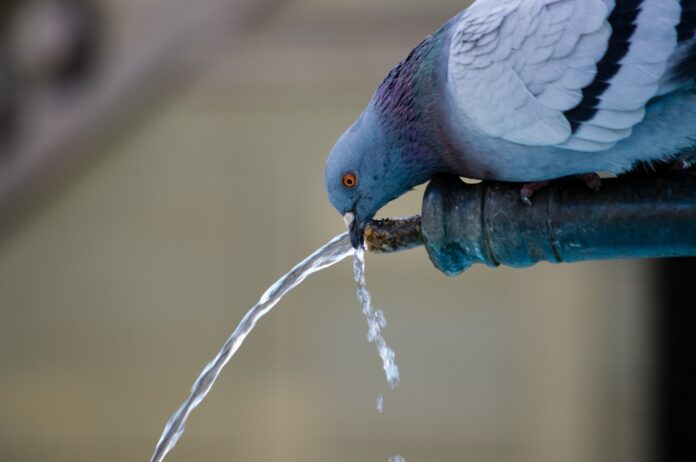
Water is one of the most important substances on Earth. It is vital for everything on this planet. People cannot survive without water for a long time.
Most people would be dead in a matter of days if they didn’t consume water. However, there are some people who managed to survive much longer.
As the Guiness World Records reports, the longest recorded case of survival without food and water is 18 days by Andreas Mihavecz from Austria.
He was left locked in a police cell for 18 days. Police simply forgot about him. On 18th of April 1979, he was discovered in awfully bad shape and close to death, but still alive.
Now, this is extreme case.
Our bodies require a lot of water to maintain an internal temperature balance and to keep cells alive. Having said that, on average a person can survive for about three days without water.
Water is not only important for us. It is important for plants, for animals, for the atmosphere, basically for everything in our world. All living things, from tiny cyanobacteria to giant blue whales, need water to survive. Without water, life as we know it would not exist. That’s for sure.
So this could already be the end of this article as the answer to the question from the beginning of this article is simple – no living creature would survive without water.
Related:
Who or What Would Survive?
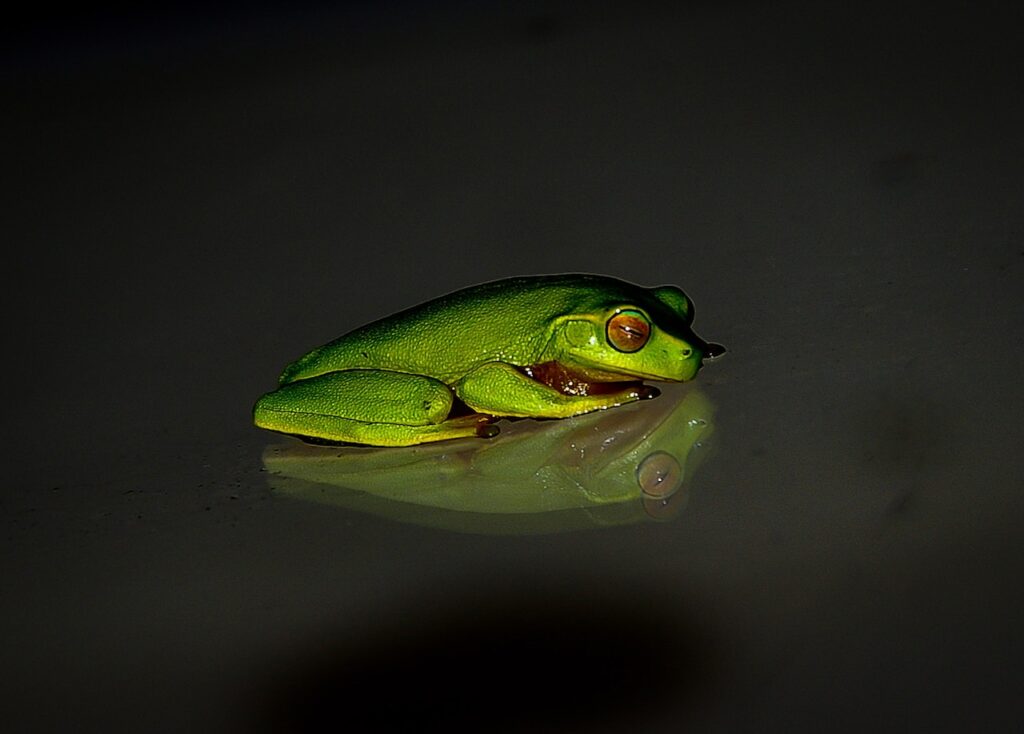
But let’s dig deeper and see what would happen with other things on Earth, and who would potentially survive the longest.
Starting from the latter question – who would survive the longest?
Desert animals first come to mind. They are exposed to sizzling hot temperatures for prolonged periods of time. Deserts receive very little rainfall so animals who live in the desert get their water from food sources when water holes and natural rainfall are scarce. Desert animals have special adaptations that allow them to survive extreme heat. Their bodies are capable of storing water and naturally absorbing it when needed.
One of the winners in this “race without water” would surely be Kangaroo Rat. He lives in the desert environments and can go for its entire life without water. He (or she) has highly specialized kidneys with additional tubules, which help them in the conservation of water in the body through the extraction of water from urine.
Now that’s an interesting metabolism. But there are more fascinating facts about Kangaroo Rat. They get their moisture from the seeds they eat. That being said, one could assume – ok but they probably have very short life span (think about days), so it’s not really something special.
But you’d be very wrong.
Namely lifespan of the kangaroo rat is 3 to 5 years. Yes, you read that right. They could survive as long as 5 years without ever drinking one sip of water.
Fascinating animal for sure, especially in the context of this article.
Then we also have water holding frogs. Their name says a lot about them. The frog has the unique capacity to absorb significant amounts of water through its skin which is then stored in its bladder and body tissues. Once the frog burrows into the soil, it encloses itself in a cocoon made up of its skin to keep from losing water. While in this condition the frog feeds on its skin and can stay in this condition for several years.
Technically, all these animals have to have water to survive; they just go a very long time without drinking it
So if water suddenly disappears, those peculiar frogs would be good for several years. That is, of course if the planet would still exists without water. But we’ll dive deeper into planetary issues later in this article.
Small Organisms and Water?
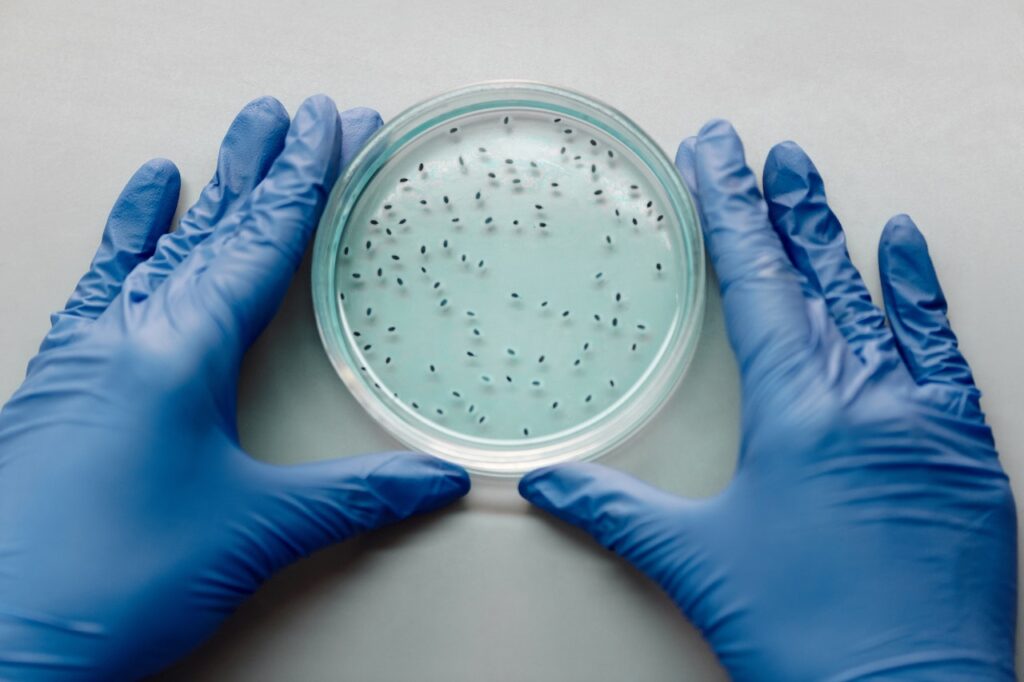
What about smaller organisms, such as bacteria’s or viruses?
If we look up the NCBI article and quoting “In the air-dried state some bacteria survive only for seconds whereas others can tolerate desiccation for thousands, perhaps millions, of years.”
Also if we look at Wyss Institute at Harward Research – bacterial spores can survive extreme dehydration:
“For most organisms, dehydration can lead to death. Loss of water can induce very high pressures that even the strongest materials may not be able to withstand, resulting in irreversible structural damage. Bacterial spores are a remarkable exception. They can survive prolonged periods of dehydration while showing no detectable damage. Researchers at the Wyss Institute are now providing insights on this extraordinary survival mechanism.”
Now, that’s really interesting. It seems that smaller organisms can do much better without water than we, or any other bigger organism.
But what about the biggest organism? Our planet – our Earth? What would happen with the planet without water?
That’s where we arrive at complicated territory, because it is not easy to predict what would really happen. I mean, we can easily predict what will happen with us if we don’t drink water. Just try it. Actually, please don’t. Try dry fast if you see health benefits but don’t go so far as water holding frog. That goes without saying.
Our Planet? Our Earth?
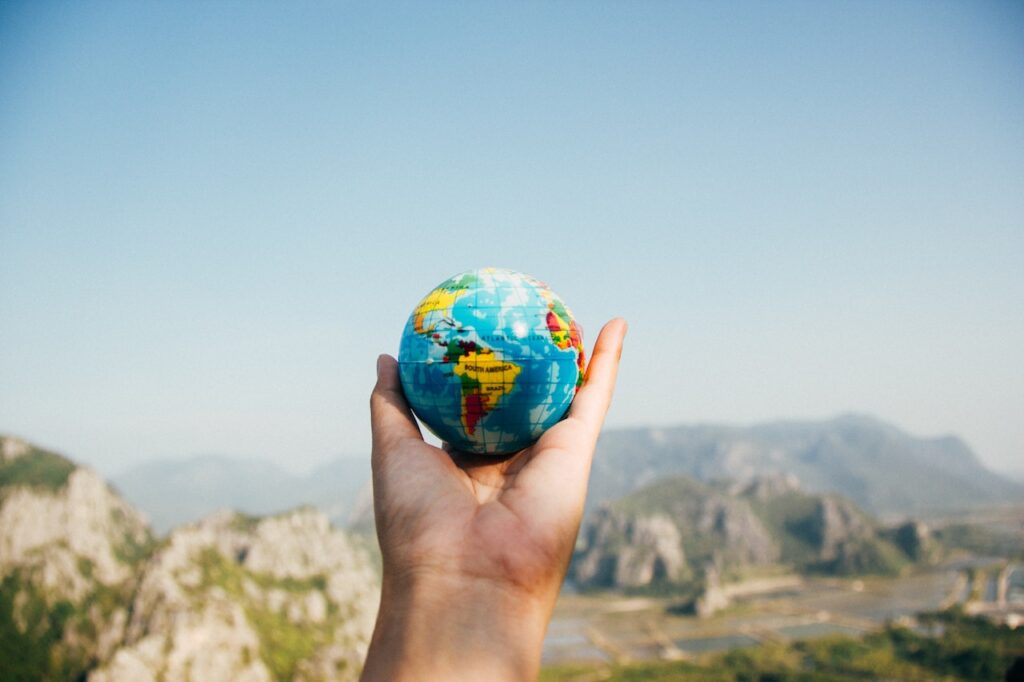
So going back to the big organism – our planet.
Would id die, explode, vanish into abyss? Probably not. Planet as such would survive. That is, it would be still there. But completely different.
Without water as we concluded, even the most durable animals would parish. The same would happen with all plants. So, no vegetation at all.
Our planet would not be green or blue planet anymore. There would be no oceans, no rivers, no lakes and of course, as mentioned, no grass or any kind of plants.
That translates to changes in our atmosphere. Let’s just take one example.
Everyone knows that plants, during photosynthesis, take in carbon dioxide (CO2) and water (H2O) from the air and soil. Within the plant cell, the water is oxidized, meaning it loses electrons, while the carbon dioxide is reduced, meaning it gains electrons. This transforms the water into oxygen and the carbon dioxide into glucose. The plant then releases the oxygen back into the air, and stores energy within the glucose molecules.
That means oxygen would be scarce on Earth, again contributing to death of all life on planet.
So to conclude – without water, some animals would be alive for years, some for hours, and humans probably couple of days.
Plants would survive longer but they would also end up dead very soon.
Some bacteria organisms would “live” a bit longer. But at the end everything would die.
Except the planet. Planet would still be here, but it would look completely different.
It would look dull and brownish.
But hey, that’s why we have Elon and some other guys trying to get us out of this planet. Will that work anytime soon, or anytime for that matter, we will see.
Nonetheless, having in mind all what was mentioned in this article – I think we can all agree how much we should appreciate that we have water.
And especially western countries and people where water is available on demand while we still have big chunk of world who lives almost completely without available (and clean) water.
“Water is the driving force of all nature.” — Leonardo da Vinci





















